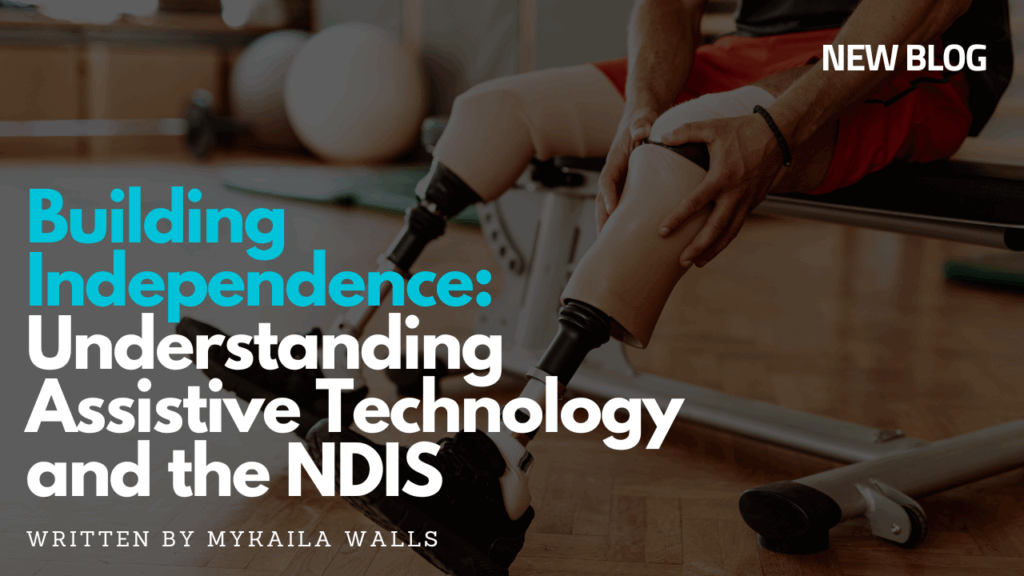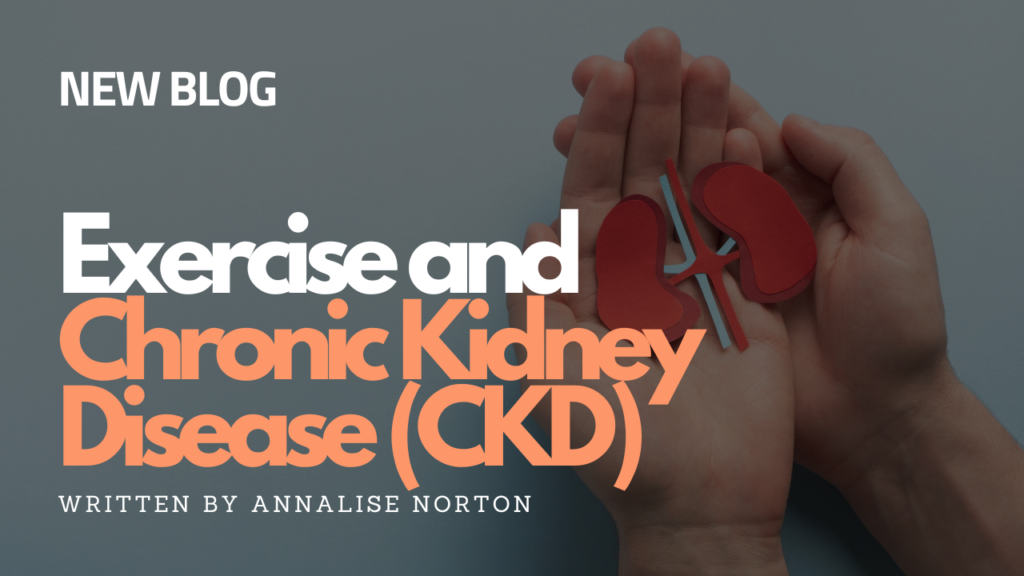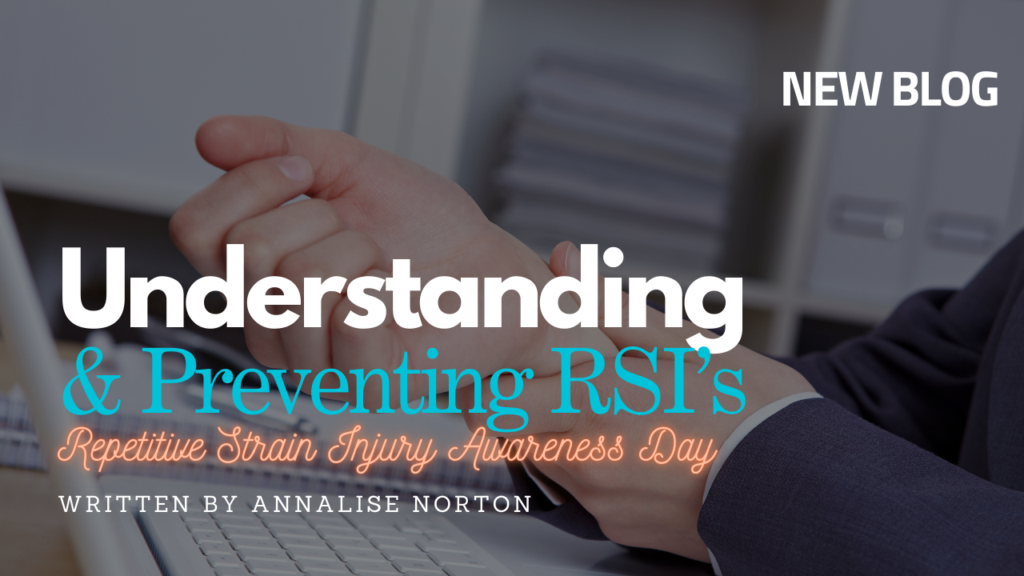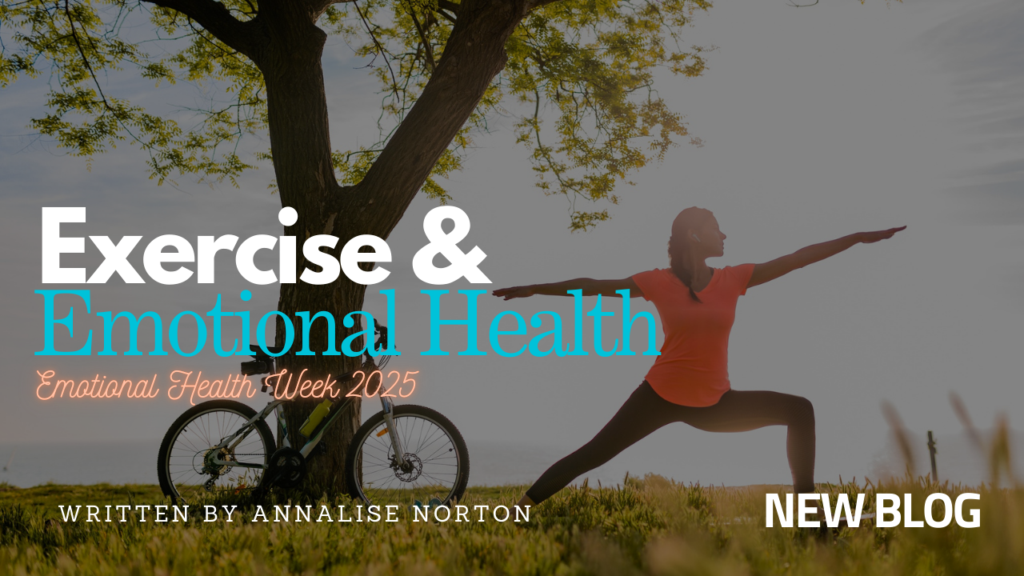Building Independence: Understanding Assistive Technology and the NDIS

What is World Assistive Technology Day? World Assistive Technology Day is a global awareness event that is held on 4 June each year. This awareness day aims to raise awareness about the importance of assistive technology and the limitations in access to it worldwide. According to the 2022 Global Report on Assistive Technology by the […]
Raising Awareness of Invisible Illnesses and the Role of Movement in Support and Recovery

Each year on May 12, we acknowledge International Awareness Day for Chronic Immunological and Neurological Diseases (CIND). A collective term for life-altering conditions like ME/CFS (Myalgic Encephalomyelitis/Chronic Fatigue Syndrome), Fibromyalgia, Multiple Chemical Sensitivity (MCS), Gulf War Illness, and Long COVID. These conditions are often invisible but have very real impacts: fatigue that doesn’t improve with […]
The Power of Exercise for Individuals with Lupus

Living with lupus presents unique challenges, but integrating regular physical activity into daily routines can significantly enhance quality of life. Exercise offers numerous benefits, from reducing inflammation to improving mental well-being. Importantly, Exercise Physiologists are well equipped to assist individuals living with lupus by designing tailored exercise interventions to help address their specific needs. Key […]
Movement at Work: A Vital Piece in the Workplace Safety Puzzle

April 28 marks the World Day for Safety and Health at Work—a day that reminds us how essential it is to create working environments that prioritize not only physical safety but also holistic employee health. While safety protocols and hazard prevention are often in the spotlight, there’s a powerful tool we can’t afford to overlook […]
World Infant, Child, and Adolescent Mental Health Day – How Exercise Can Help Young Minds

Every year on April 23, we celebrate World Infant, Child, and Adolescent Mental Health Day (WICAMHD). It’s a day to talk about something incredibly important—how kids, teens, and even babies feel on the inside. Mental health isn’t just something adults deal with; it starts early, and it matters just as much as physical health. What […]
The Benefits of Exercise for Peripartum Health Outcomes

This year’s World Health Day theme, “Healthy Beginnings, Hopeful Futures,” calls on all of us to prioritise maternal and newborn health—not just during childbirth, but throughout the entire peripartum journey. From pregnancy through to recovery, movement can make a real difference. In this blog, we explore the powerful role exercise plays in improving physical, […]
The Vital Role of Exercise in Managing Chronic Kidney Disease: A World Kidney Day Focus

March 13th is World Kidney Day – a day dedicated to raising awareness about kidney health and its importance in maintaining overall well-being. Chronic Kidney Disease (CKD) affects millions of people worldwide and can significantly impact their quality of life. One of the most effective, yet often overlooked, interventions for managing CKD is exercise. Let’s […]
Understanding & Preventing Repetitive Strain Injury (RSI)

Repetitive Strain Injuries (RSIs) are a growing concern in our modern, digitally driven world. On this International Repetitive Strain Injury Awareness Day, it’s essential to raise awareness about the significant impact of these injuries and share strategies for prevention and recovery. Whether it’s from long hours spent typing at a keyboard, using a smartphone, or […]
Emotional Health Awareness Day: The Power of Exercise for Mental Well-Being

The Power of Exercise for Mental Well-Being 24th of February marks Emotional Health Awareness Day, an opportunity to raise awareness about the importance of emotional well-being. In today’s fast-paced world, emotional health can often be overlooked. But a growing body of research highlights a powerful tool that can significantly improve mental health—exercise. Let’s explore how […]
Stepped Goals: A Flexible Alternative to SMART Goals

The SMART framework (Specific, Measurable, Achievable, Relevant, Time-bound) is a well-known approach to goal setting. However, its rigidity often fails to account for the complexity of long-term growth. Stepped Goals offer a dynamic alternative, emphasising incremental progress and adaptability, inspired by principles in exercise physiology. What Are Stepped Goals? Stepped Goals focus on breaking larger, […]

